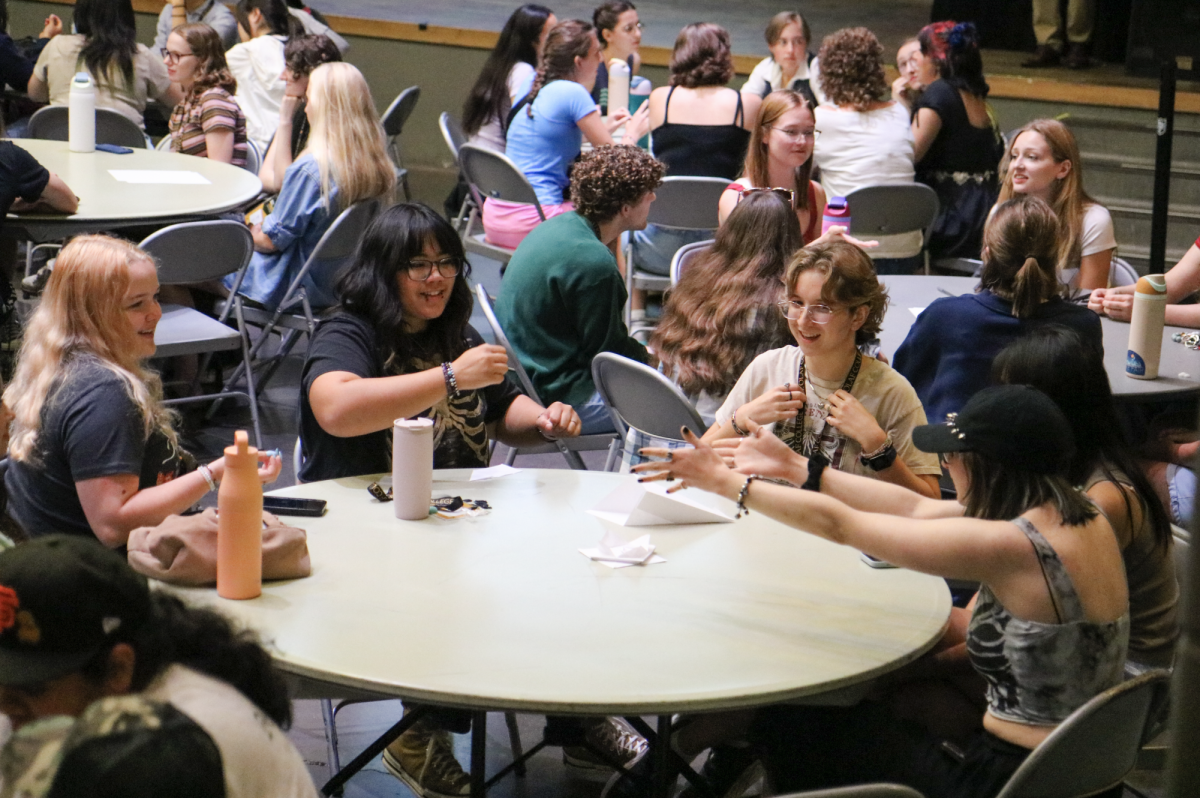
Brandon Cash
A few short weeks ago, the class of 2029 took their first steps on the Hill, and the New Student Orientation (NSO) and St. Olaf Orientation to Academics and Resources (SOAR) teams helped them find their footing. While first-year students have long been supported through some form of orientation at St. Olaf, it wasn’t until after 2019 that the current, dynamic NSO model took root.
Director of Student Activities Brandon Cash stated that the previous orientation model was referred to as “Week One.” “It involved a specific task-list catered towards what first-year students needed to accomplish,” Cash said in an interview with The Olaf Messenger.
Following the COVID-19 pandemic, the first-year experience was redesigned.
“We redesigned what we now know as the New Student Orientation process from the ground up,” Cash said.
Due to student feedback and college transition research, “Week One” was modified into a holistic developmental model surrounding the three content pillars of NSO: living in community, academic success, and co-curricular involvement. In addition, the acquisition of knowledge, navigating campus, and a sense of belonging were established as learning constructs to boost students’ confidence.
According to Cash, NSO has resulted in a “cultural shift” for the St. Olaf campus. Orientation is now an opportunity for social, academic, and emotional growth rather than a checklist of tasks. To achieve further growth, NSO underwent two major changes this year, with one being the incorporation of more flex-time for students and the second being the introduction of special-interest groups called MORE groups.
“MORE was added because of the consistent feedback we’ve gotten from students that wish they would have met more people,” Cash said.
This feedback is largely due to the amount of time students spend with their SOAR groups. SOAR is the oldest extended orientation program and acts as a foundation for the academic success pillar and for NSO as whole. Over the past two years, balancing SOAR with other content pillars has become increasingly important, as students are showing an interest in making friends outside of academic-centered spaces.
Cash is unsure if MORE groups will return in future iterations of NSO; however, they may be redesigned to further connect students to co-curricular opportunities. According to Cash, the NSO experience is an ever-growing process that Oles carry with them beyond their first steps on the hill.
“Change means being vulnerable. It means talking and connecting to one another… the best is yet to come,” Cash said.